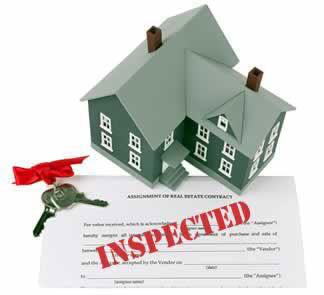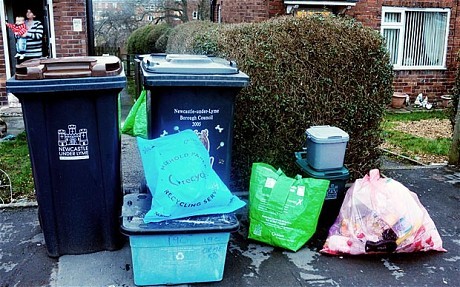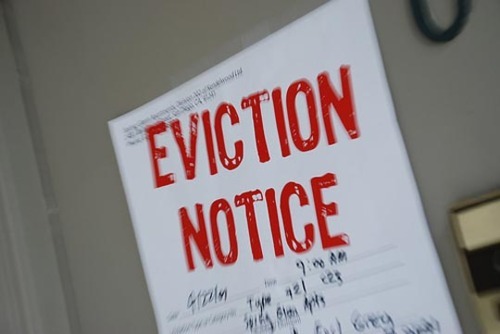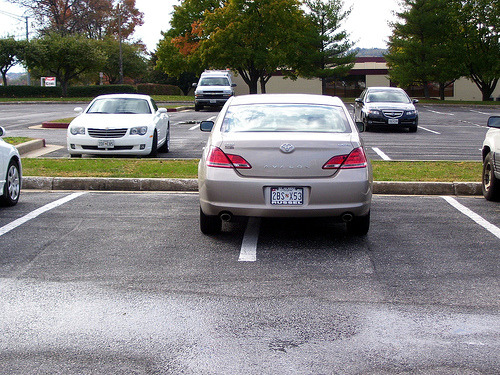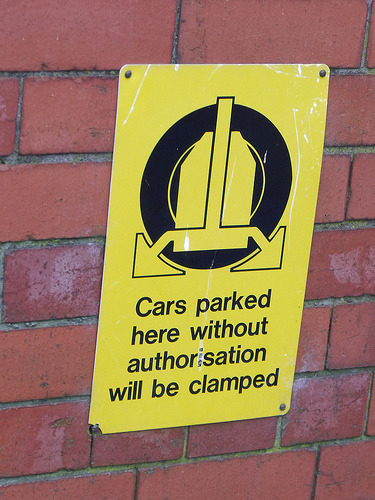Property management – wear and tear of a rented property
No property will remain in pristine condition throughout its existence. The mere act of people living in a property means that wear and tear will occur. This is especially true for rented properties, as the volume of people moving in and out can be quite high. It is the main sticking point when it comes to inventories and is the source of many disputes, with tenants claiming normal wear and tear and the landlord holding deposits and claiming damages. For this reason, it is important that both parties are clear on what defines normal wear and tear.
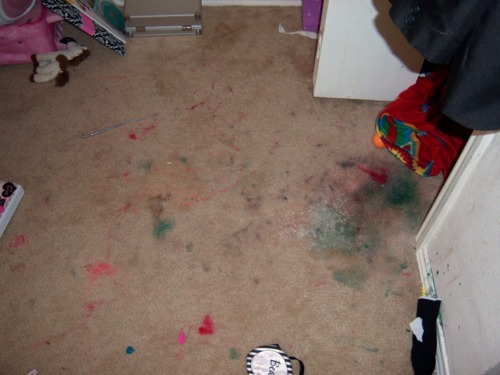
More often than not, it is a grey area. A hole in a plaster wall, a broken window and wardrobe doors torn off their hinges are fairly obviously damages but what about cracked bathroom tiles or a worn place in the carpet? Are they wear and tear? The legal definition of ‘normal wear and tear occurs where deterioration of the subject matter takes place over a period of time due to ordinary and reasonable use of the premises’ would suggest they quite probably are, but it’s still not entirely clear-cut. Keeping records of when items were bought or installed can help reduce the ambiguity. For example, a good quality carpet laid down a year ago would be expected to show less wear and tear after a one year tenancy than one laid down five years ago.
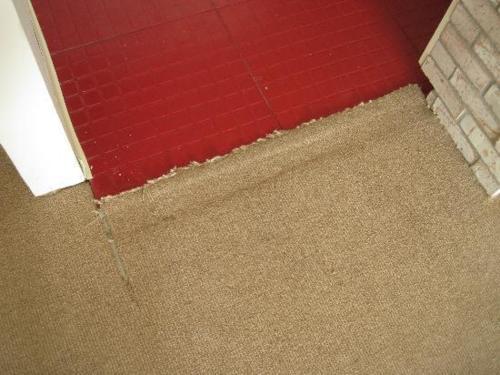
The best ways to avoid wear and tear disputes are to ensure both parties agree to a definition and a detailed inventory is taken at the start of the tenancy. Photographs in particular can be a great aid in settling such disputes.
Why not read our blog on ‘Dispute over the condition of the Property’
As always please feel free to comment, share, tweet or follow us
Thanks for reading!
by Andreas Riha




